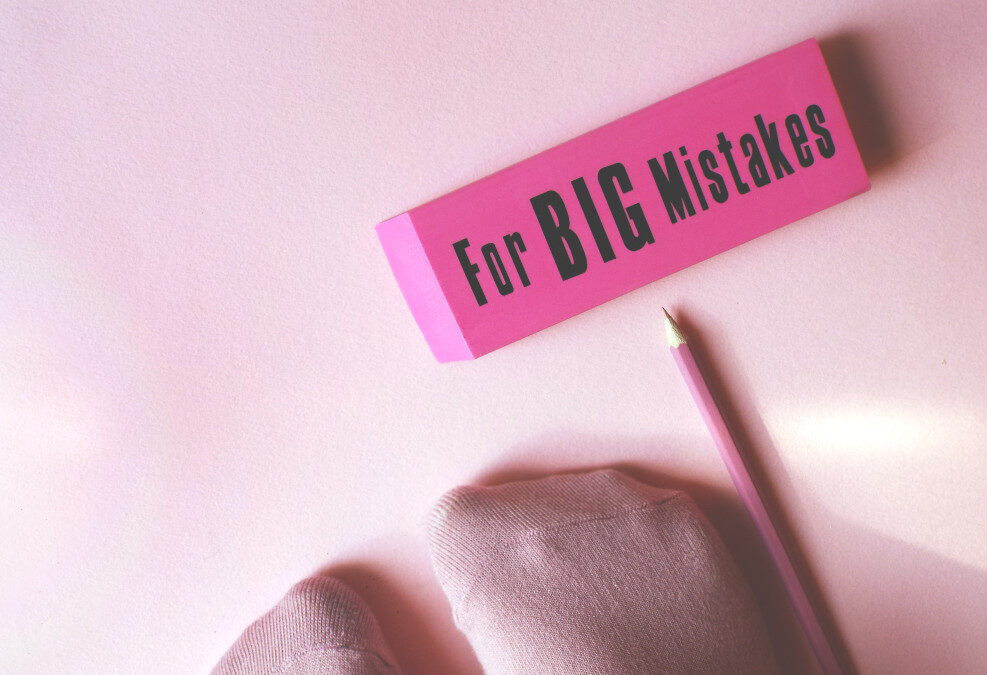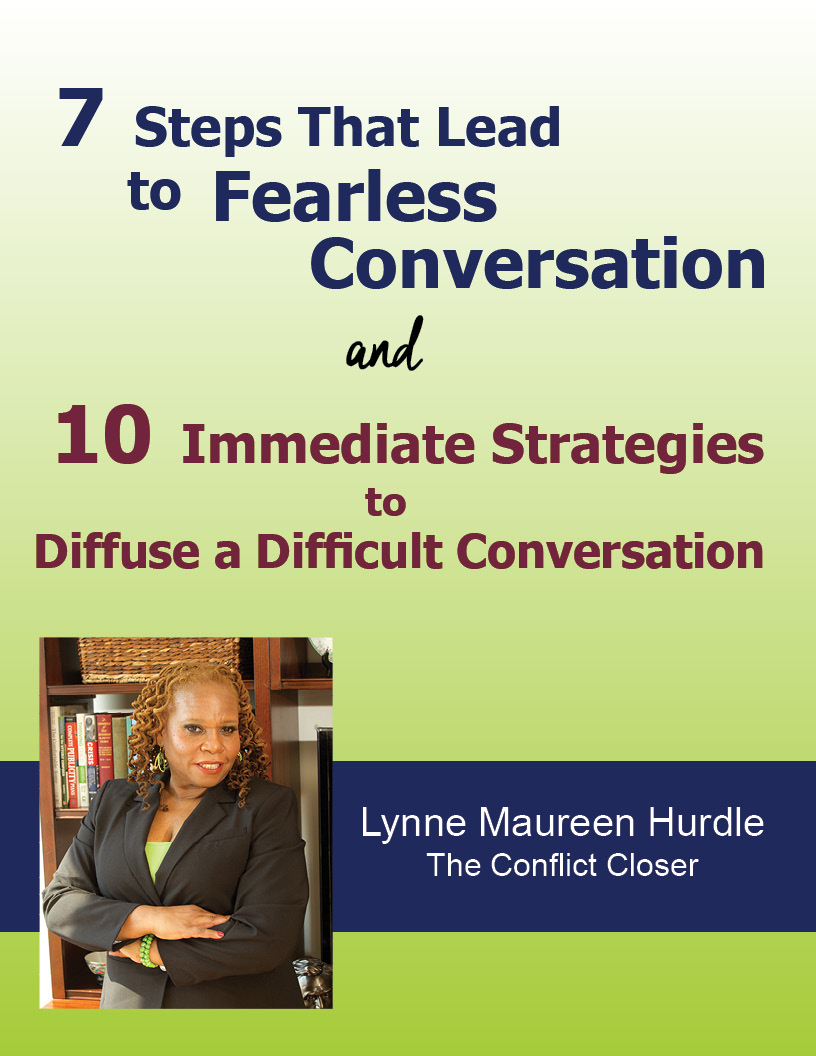Nobody wants to answer that, we’re too afraid we’ll make a mistake.
Mistakes happen, actually they don’t just happen, we make them. And what happens when we make them? If we’re honest, not good things.
We are a society that does not tolerate mistakes. Think back to the last mistake you made. How was it received? Did other people treat you as if they understood that mistakes are how we grow and learn or were you made to feel as if something was wrong with you or that you making a mistake was annoying, stupid or indicative of your uselessness?
I can say, that in my experience, I have come into contact with only a few people who understand how to treat someone who has made a mistake. I can remember parent workshops where I would say to parents, “how would you react if a guest in your home accidentally spilled a drink all over the table in the middle of dinner?” Everyone shared that they would do their best not to make them uncomfortable and assure them that it was no big deal and then proceed to clean it up quickly and maybe even galvanize the family to help.
All the parents would shake their heads in agreement. Then I would ask, “how do you react when your child spills something at the dinner table?” An immediate understanding of the question would sweep across the faces of everyone and most would admit that they would not be so patient or understanding.
Having experienced this impatience growing up, I was a serial spiller, I know that these parents were telling the truth. Unfortunately, my best evidence of this has been in my own reaction to my sons when this happened. Darn, I had to put in a lot of work to turn this around. But I still feel and observe my impatience with mistakes, even though I can honestly say that I understand so much more today about the importance of making them and creating a safe space for them to be made.
I would pose this same question to managers, only the guest is your boss and instead of children ask yourself how you react when your team makes mistakes. Pretty similar responses occurred. So, we know that making people feel bad about making mistakes doesn’t lead to anything good or we would not discriminate in our quest to destroy confidence, lower esteem and leave people feeling flawed and inadequate. Oh sure, we don’t lead with these intentions in mind, but we all know that these are the end results, especially when our reactions are repeated over and over again.
If the poor models set for us by so many in leadership, from government, to business, to parents, are so ingrained in us, how are we to ever address this within ourselves and begin to create a safe space?
At the risk of making a few mistakes here, I am going to share my thoughts on this.
1. Understand your history with mistakes. In other words, think deeply about how your mistakes were received by most of the adults in your life, knowing that history will help prepare you for what is likely to come up for you when others make a mistake. Get in touch with the feelings that you experience when this happens. I know frustration, disappointment and judgment love to pop up for me and I feel it right in my gut.
2. Know that you have a very small window to breathe and reset so quickly remind yourself to open that window, take three deep breaths, hold them and then release and set your course for allowing mistakes to happen and encouraging folks to be patient with themselves when they make a mistake.
3. Create a mantra to say to yourself, something like ‘mistakes will happen and it’s okay.’ Of course, in the beginning stages you may have to say that morning, noon and night until you finally believe it, but that’s okay too.
4. Look for the lessons. Mistakes often lead us to new learnings and can reveal different ways of thinking. I am often surprised at times when I just knew that I was communicating clearly and later found out what the person actually heard and interpreted from my “very clear” communication. People view and hear things from their way of thinking and that’s just as valid as your way. We need to take that into account.
5. Foster accountability by admitting your own mistakes and any lessons you learned from them. But please don’t put on your “holier than thou” voice. That would be a BIG mistake. But if it happens, catch it, own it, maybe even laugh at it and keep moving forward.
Oh, this is a subject that I could talk endlessly on, but I will not make that mistake. Next week, I will help us take a look at why we are so impatient with one another around mistakes. We are going to dig in to the roots of this.
For now, try working with what I’ve just given you and if you make a mistake, be kind to yourself and then pay that kindness forward. The society we seek to be starts right here, right now, with someone’s next mistake.
We got this!
In love,
Lynne





